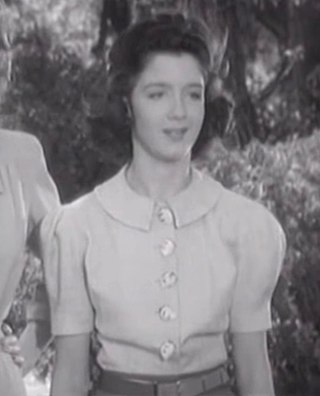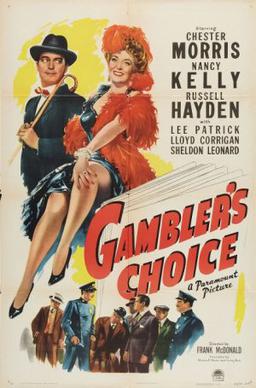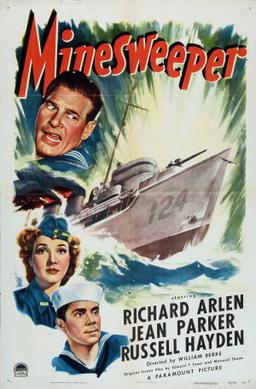
Waukegan, is the most populous city in and the county seat of Lake County, Illinois, United States. An industrial suburb of Chicago, Waukegan is situated about 26 miles (42 km) north of Chicago’s city limits. As of the 2020 census, its population was 89,321, ranking it the seventh-most populous city within the Chicago metropolitan area, and the 10th-most populous city in Illinois.

Naval Air Station Glenview or NAS Glenview was an operational U.S. Naval Air Station from 1923 to 1995. Located in Glenview, Illinois, a suburb of Chicago, the air base primarily operated training aircraft as well as seaplanes on nearby Lake Michigan during World War II. Reconfigured as a Naval Air Reserve base following World War II, NAS Glenview supported Naval Air Reserve, Marine Air Reserve/4th Marine Aircraft Wing, and U.S. Army Reserve 244th Aviation Group as well as an active duty Coast Guard Air Station.

John Brown was an American college football player and film actor billed as John Mack Brown at the height of his screen career. He acted and starred mainly in Western films.

Margaret O'Rene Ryan was an American dancer and actress, best known for starring in a series of movie musicals at Universal Pictures with Donald O'Connor and Gloria Jean.

William Albert Henry was an American actor who worked in both films and television.

Naval Station Great Lakes is the home of the United States Navy's only current boot camp, located near North Chicago, in Lake County, Illinois. Important tenant commands include the Recruit Training Command, Training Support Center and Navy Recruiting District Chicago. Naval Station Great Lakes is the largest military installation in Illinois and the largest training station in the Navy. The base has 1,153 buildings situated on 1,628 acres (6.59 km2) and has 69 mi (111 km) of roadway to provide access to the base's facilities. Within the naval service, it has several different nicknames, including "The Quarterdeck of the Navy", or the more derogatory "Great Mistakes". It is also referred to as "second boot camp" while at Training Support Command.

Jean Parker was an American film and stage actress. A native of Montana, indigent during the Great Depression, she was adopted by a family in Pasadena, California, at age ten. She initially aspired to be an illustrator and artist, but was discovered at age 17 by Metro-Goldwyn-Mayer executive Louis B. Mayer after a photograph of her was published in a Los Angeles newspaper when she won a poster contest.

Francis Healey Albertson was an American actor who had supporting roles in films such as It's a Wonderful Life (1946) and Psycho (1960).

Robert Lowery was an American motion picture, television, and stage actor who appeared in more than 70 films. He is the second actor to play Batman, appearing as the character in the 1949 film serial Batman and Robin.

Gambler's Choice is a 1944 film directed by Frank McDonald and starring Chester Morris and Nancy Kelly.

Star Spangled Rhythm is a 1942 American all-star cast musical film made by Paramount Pictures during World War II as a morale booster. Many of the Hollywood studios produced such films during the war, generally musicals, frequently with flimsy storylines, and with the specific intent of entertaining the troops overseas and civilians back home and to encourage fundraising – as well as to show the studios' patriotism. This film was also the first released by Paramount to be shown for 8 weeks.

Roscoe Karns was an American actor who appeared in nearly 150 films between 1915 and 1964. He specialized in cynical, wise-cracking characters, and his rapid-fire delivery enlivened many comedies and crime thrillers in the 1930s and 1940s.

William Desmond was an American actor. He appeared in more than 200 films between 1915 and 1948. He was nicknamed "The King of the Silent Serials."

The San Francisco Blues Festival was active from 1973 until 2008, and was located in San Francisco, California. It was the one of the longest running blues festival in the United States.
Pine-Thomas Productions was a prolific B-picture unit of Paramount Pictures from 1940–1957, producing 81 films. Co-producers William H. Pine and William C. Thomas were known as the "Dollar Bills" because none of their economically made films ever lost money. "We don't want to make million dollar pictures," they said. "We just want to make a million dollars."
Naval Air Station DeLand was a United States Naval Air Station located in DeLand, Florida from 1942 to 1946. After the war, the airfield and associated infrastructure was redeveloped into DeLand Municipal Airport.

Marine Raiders is a 1944 RKO war film showing a fictional depiction of the 1st Marine Raider Battalion and 1st Marine Parachute Battalion on Guadalcanal, R&R in Australia, retraining in Camp Elliott and a fictional attack in the Solomon Islands. Produced by Robert Fellows, and directed by Harold D. Schuster, it stars Pat O'Brien, Robert Ryan, and Ruth Hussey.

Power Dive is a 1941 American film directed by James P. Hogan. The film stars Richard Arlen, Jean Parker and Helen Mack.

Minesweeper is a 1943 American black-and-white World War II film, produced by William H. Pine and William C. Thomas, directed by William A. Berke, that stars Richard Arlen, Jean Parker, and Russell Hayden. The film was distributed by Paramount Pictures. A former navy deserter returns to duty after the attack on Pearl Harbor under an assumed name as a sailor aboard a minesweeper.

Dark Mountain is a 1944 American film noir crime film directed by William Berke. It is also known as Thunderbolt and Thunder Mountain.


















